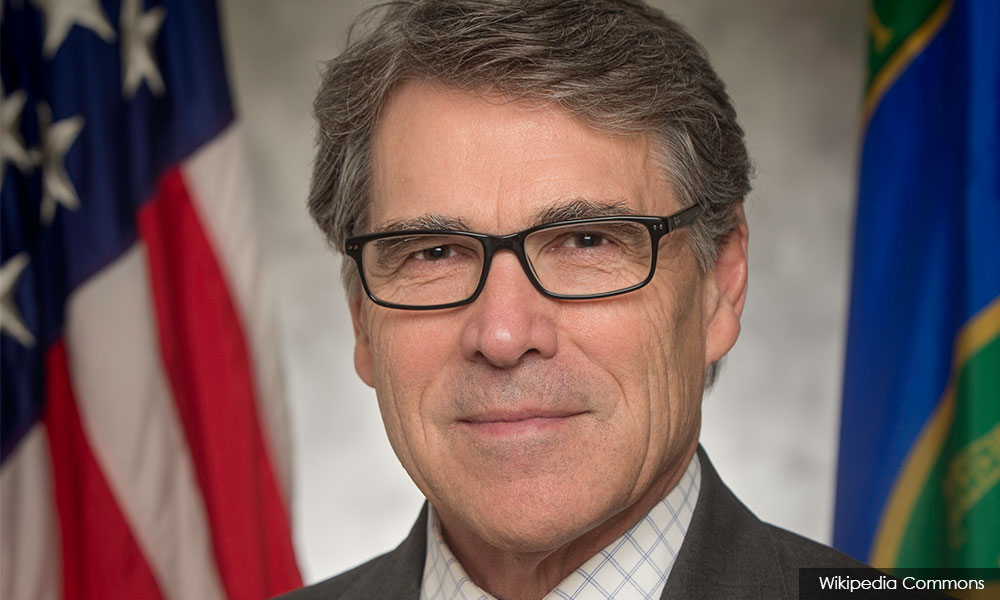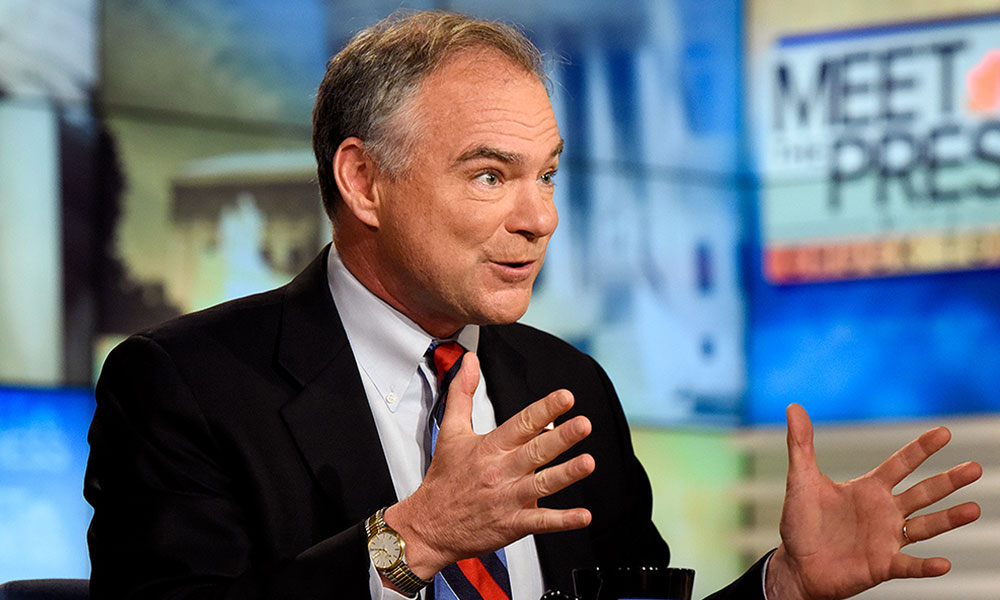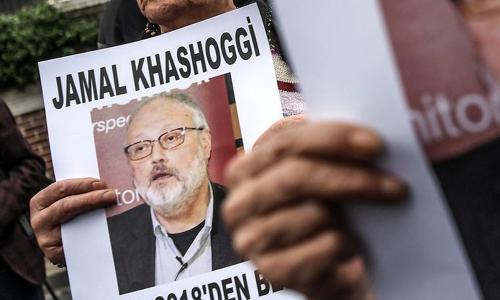US energy secretary unsure if Saudi nuclear approvals came after Khashoggi killing
US Energy Secretary Rick Perry told lawmakers on Thursday he did not know whether any of the approvals he authorised for US companies to sell nuclear power technology to Saudi Arabia were made after the killing of journalist Jamal Khashoggi in October last year.
Perry told a Senate hearing he approved some authorisations by US companies to sell preliminary nuclear power technology and assistance to Saudi Arabia since November 2017, confirming media reports by the Daily Beast and Reuters on Wednesday.
The Department of Energy issued a statement later on Thursday clarifying that it had issued seven such approvals for companies wishing to participate in Saudi Arabia’s civilian nuclear power programme, but pointed out that they do not permit the transfer of “nuclear material, equipment or components.”
US companies commonly win such approvals, known as Part 810 authorisations, for selling nuclear power know-how abroad and the documents are often kept for the public to access in a room at Energy Department headquarters.
But the ones that Perry (photo below) approved for Saudi Arabia, which has been in quiet talks with the Trump administration on a wider nuclear power deal, were not made public. Perry said they contained proprietary information for the companies, the names of which have not been released.

A House of Representatives aide said that previous Part 810 approvals for Saudi Arabia made during the administration of President Barack Obama are available for public perusal.
Lawmakers from both parties have slammed the Trump administration for negotiating a deal while keeping Congress in the dark. They worry that a programme without non-proliferation safeguards could eventually lead to a nuclear arms race in the Middle East.
Saudi Arabia, which wants to build two reactors initially, has pushed back against US limits on enriching uranium and reprocessing spent fuel, both of which are potential paths to a nuclear weapons programme.
Concern grew after Saudi Crown Prince Mohammed bin Salman said last year said the kingdom would pursue nuclear weapons if its rival Iran developed them.
Allegations of cover-up
Senator Tim Kaine (photo below), a Democrat, asked Perry if any of his approvals were made before or after Oct 2, 2018, the day that Khashoggi, a columnist for the Washington Post, was killed in the Saudi consulate in Istanbul. Khashoggi was a resident of Virginia, Kaine’s state.

“I don’t,” Perry told Kaine. “I don’t want to give you a date specific,” Perry said before Kaine resumed questioning. Perry told Kaine he would get back to him on the specific timing of the approvals.
Kaine has accused the Trump administration of complicity in covering up Khashoggi’s murder. A number of lawmakers, both Democrats and Republicans, have been at odds with the Trump administration over its response to Khashoggi’s killing, and a bipartisan group of senators had introduced a bill to impose sanctions on those responsible for his death.
Perry, responding to another question by Kaine at the hearing, said that since 2017, the Department of Energy has received 65 applications for Part 810 authorisations and approved 37. Perry said nine were for work in the Middle East, including two for Jordan.
Perry said late last year that he had emphasised to Saudi Arabian officials it was important for them to be seen as strong on non-proliferation, but that part of the talks has centred on making sure any nuclear inspections would not be intrusive to sensitive areas in the kingdom.
Senator Ed Markey, a Democrat, said on Thursday he will introduce a bill to stop the Trump administration from what he called “bypassing Congress” on nuclear technology transfer to Saudi Arabia.
The legislation, which would mandate that any 810 authorisations are made available to Congress, would face an uphill battle in the Republican-led chamber.
- Reuters
RM12.50 / month
- Unlimited access to award-winning journalism
- Comment and share your opinions on all our articles
- Gift interesting stories to your friends
- Tax deductable
